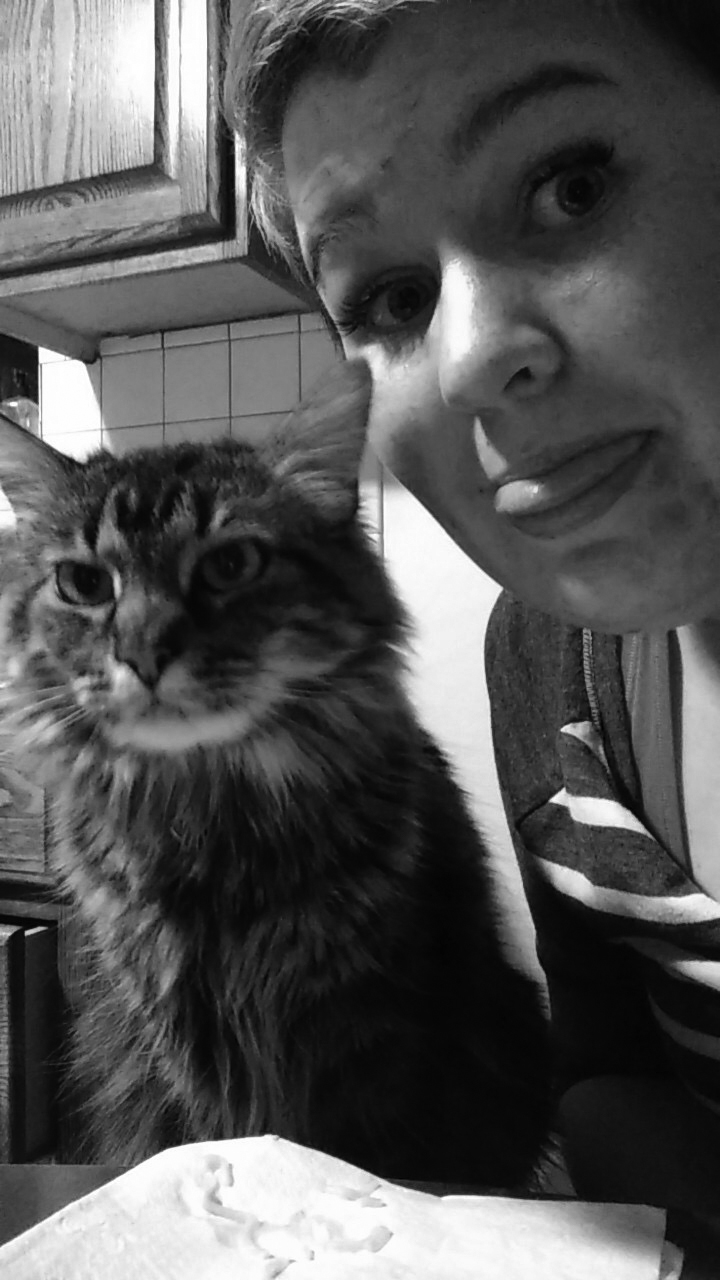By Nick Perkins
Student Reporter
Feb. 20 is National Love Your Pet Day.
The purpose of this holiday is to encourage pet owners to spend more time with their pets and show them the love they deserve, whether that is a dog, cat or a kangaroo.
According to national day.com, the top five most popular pets in America are dogs at 40 percent, cats at 25 percent, fish at eight percent, birds at four percent and hamsters/gerbils/mice at two percent.
There are many reasons people love pets, they can help people become more patient, make people look forward to coming home after a long day at work and they can comfort people in need and show them unconditional love.
Some pets are even used as emotional support animals to those with psychiatric disabilities and other mental impairments. Emotional support animals can be used for people who have a hard time socializing and making friends. They can help them because it can be something that the people have to take responsibility for when it comes to feeding them and taking them out to use the restroom, and have something that they can attach to.
Some emotional support animals stay in the dorms here on campus. According to Matt Adair, director of students/housing, there is anywhere between 12 and 18, that are approved and certified, and most are in South Hall.
In order to get the animal approved, students have to have it recommended by a doctor of their care, then they have to go to Calleb Mosburg, dean of student affairs and enrollment management, to get the paperwork sorted out and approved.
However, people like pets and animals so much that they will still bring them into the dorms even if they aren’t emotional support animals and not approved by the university. When this happens, there is usually a fine given to the person and they are given an hour to get the pet out of the dorms. If they continue to house the pet in the dorms, the students can face more serious disciplinary issues beyond a fine.
Animals that are used for emotional support are generally trained and well behaved. In some cases, non-trained animals can create a health hazard because they might not be as well trained.
According to Jacob Boggess, head resident, there have not been many cases where he has had to deal with someone sneaking in animals, and usually after the first time of being caught with an animal and being given a ticket they do not bring an animal back so they wont get fined and get in trouble.
Some pets are loved by their owners so much that the owners are willing to get in trouble and get fined just to be able to spend time with them and see them everyday. These are some examples of what people will go through just to be able to spend time with their pets and even what some people call their friends or children.

